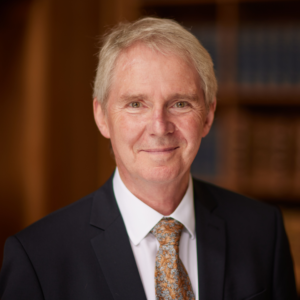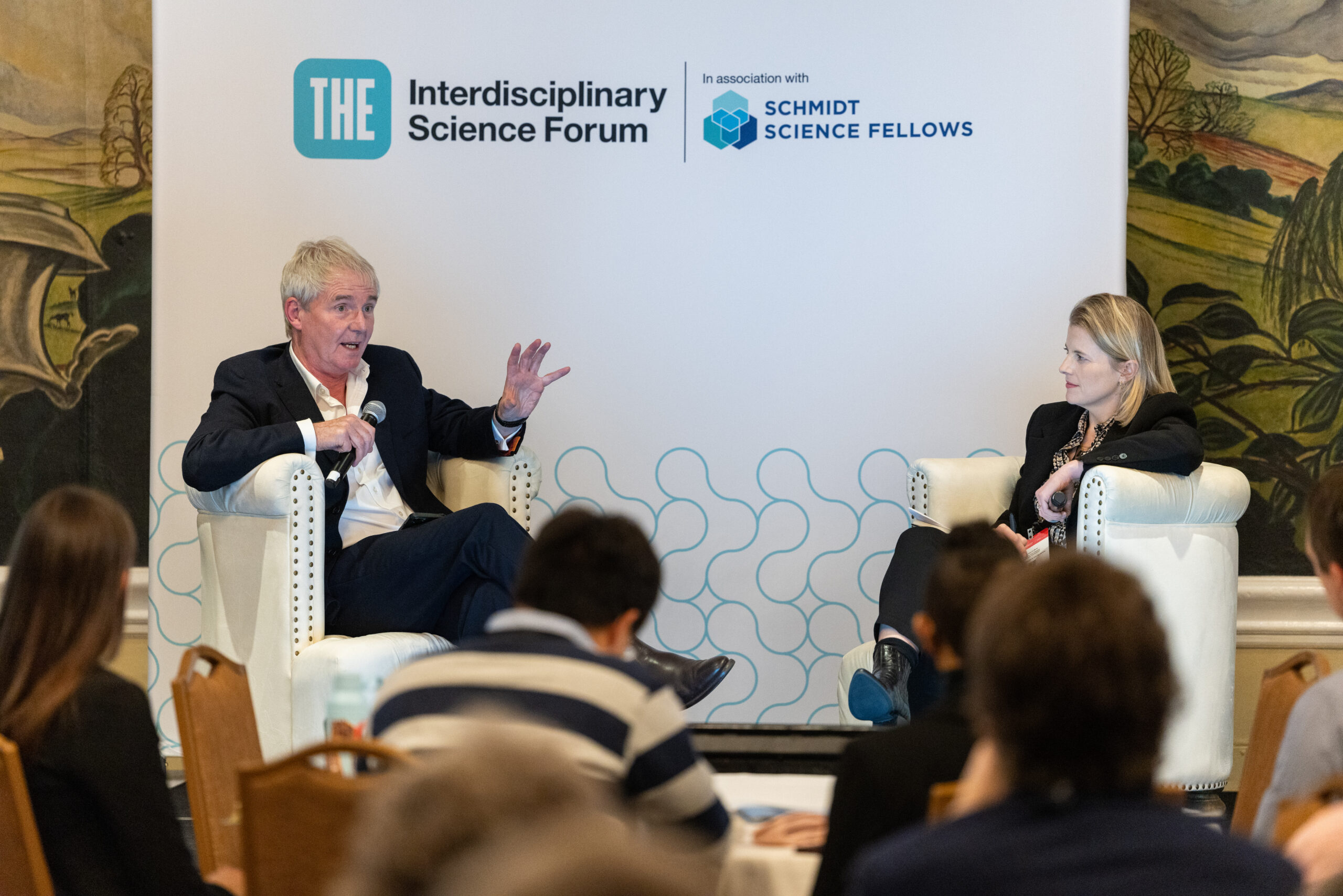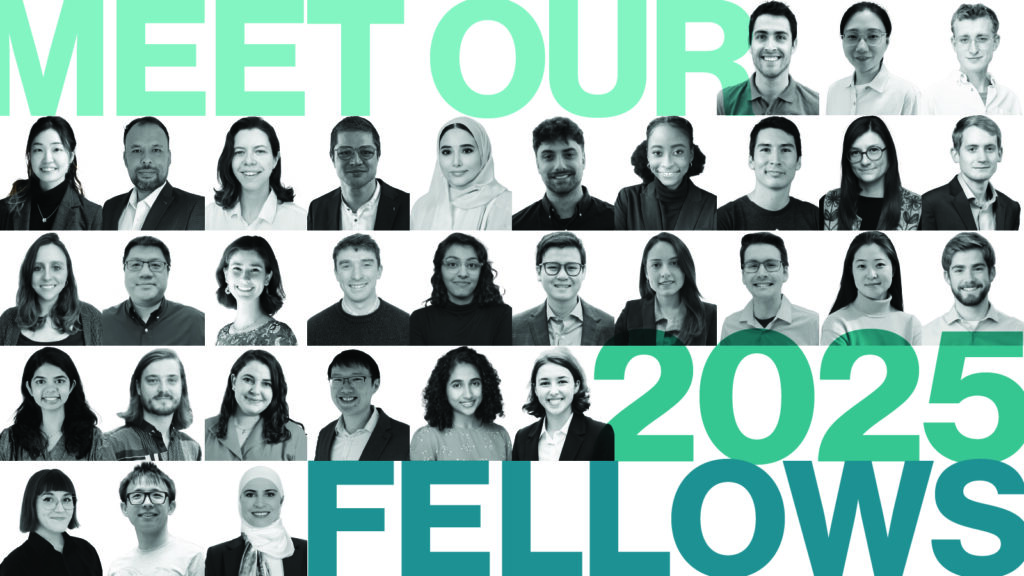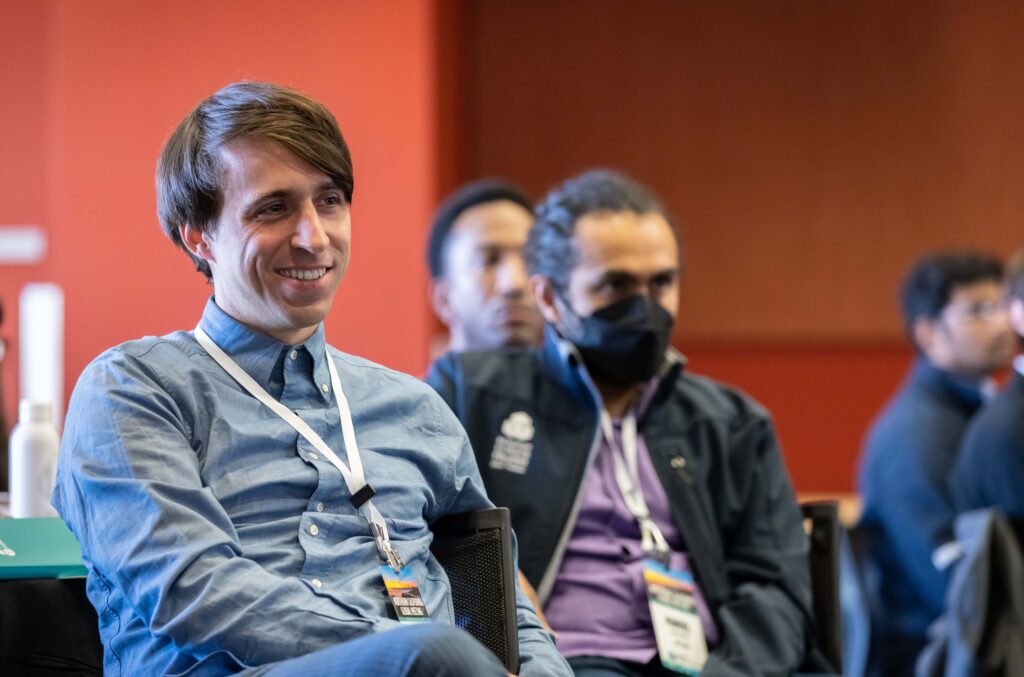We are proud to congratulate Professor Sir Nigel Shadbolt on his appointment to the UK’s top science advisory body, the Council for Science and Technology (CST).
The CST provides strategic advice to the UK Prime Minister and Cabinet on science and technology policies that span multiple government departments.
Sir Nigel also plays a vital role in guiding the Schmidt Science Fellows Program as a member of its Program Joint Committee (PJC), which oversees the Fellowship’s strategic direction. He also serves as a Trustee of the Rhodes Trust.

A world-leading computer science researcher, Sir Nigel is the Principal of Jesus College, Oxford, and is co-founder of the Open Data Institute. He is one of eight new CST members.
Sir Nigel’s diverse experience positions him to provide impactful advice, complementing the Council’s mission to guide high-level science and technology priorities.
Professor Dame Angela McLean, the UK Government Chief Scientific Adviser and Co-Chair of CST, said: “The new members bring extraordinary breadth and depth of experience: from AI and data to chemical engineering and venture capital. I am confident that new members will further invigorate the Council and its ability to provide robust advice on the government’s high-level priorities for science and technology.”
Dr. Megan Kenna, Schmidt Science Fellows Executive Director, said: “Sir Nigel’s leadership experience and expertise across multiple disciplines are invaluable in providing strategic oversight of our Program and sound advice to our leadership. We are delighted that he will play such an important and instrumental advisory role at the UK national level.”
Established in 1993, the CST provides impartial and evidence-based advice to the UK Prime Minister and Cabinet on what the Government’s high-level priorities for science and technology should be to deliver the government’s national missions and on emerging and long-term scientific and technological developments, including opportunities and risks.



